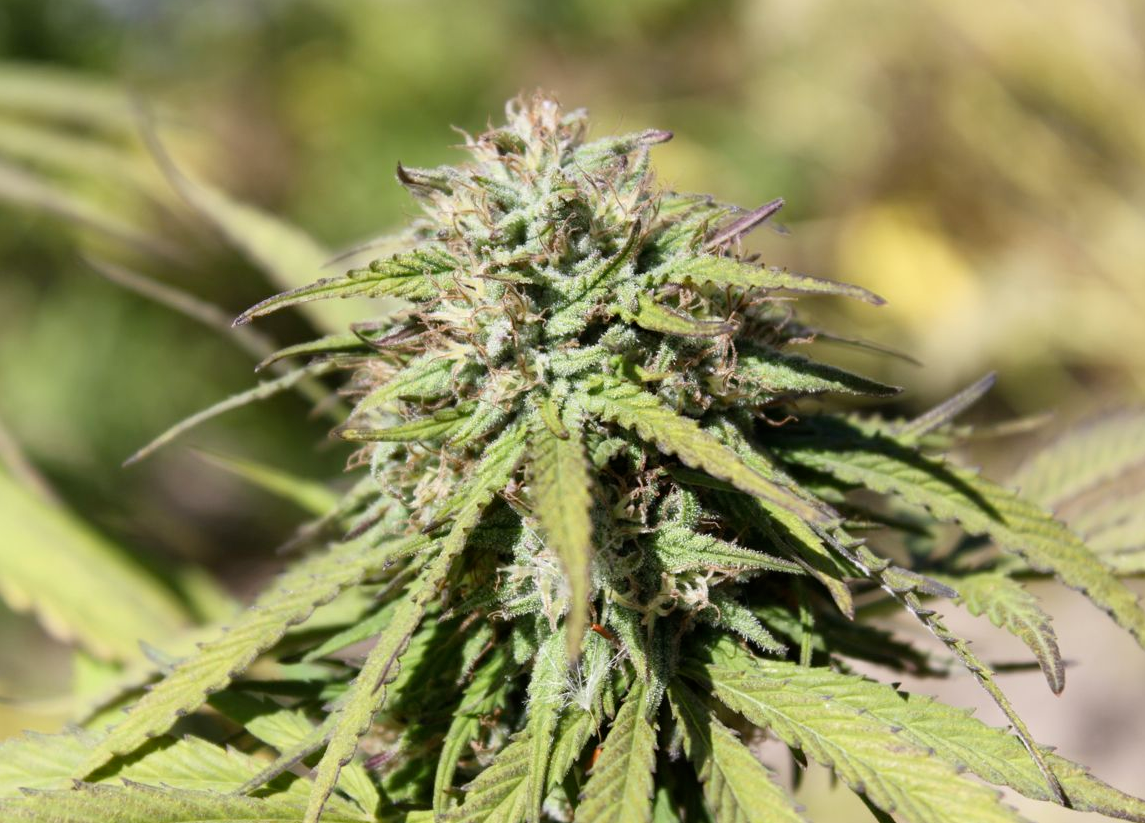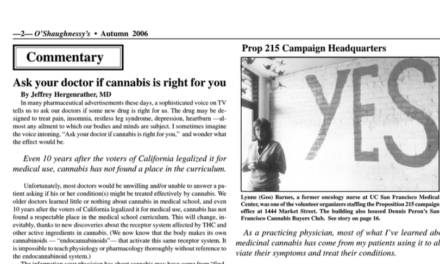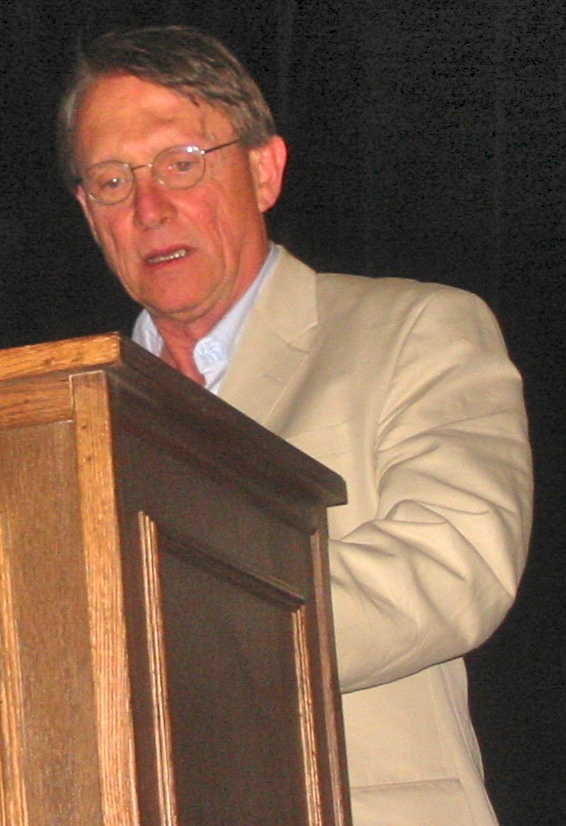From O’Shaughnessy’s, Winter/Spring 2008
Schizophrenia is caused by damaged genes or an insult in the womb or infancy that results in malfunction when the brain develops and gets exposed to hormones produced in adulthood. What role, if any, does cannabis play in this process? We asked Lester Grinspoon, MD.
“There is now sufficient evidence to warn young people that using cannabis could increase their risk of developing a psychotic illness later in life,” according to a paper in the Lancet July 28.
The “evidence” was produced by an exercise in statistics. The authors (no MDS among them) searched databases for relevant studies and then analyzed 35 of them deemed worthy. They claim to have “adjusted for about 60 different confounding factors, including other substance use, personality traits, socio-demographic markers, intellectual ability and other mental health problems.” They concluded that people who have used cannabis face a 40% higher risk of psychosis, and that heavy use increases the risk to 50-200%.
Political Context
The British government has been reconsidering the legal status of cannabis, which in 2004 was moved from Class B to Class C —a less dangerous drug category with less onerous penalties for growers, distributors and users. Prohibitionist forces —notably the big drug companies and law enforcement— protested. In 2005 the Advisory Council on the Misuse of Drugs reviewed the medical literature, held hearings and concluded that Class C indeed was the appropriate category. The Council’s report stated “for individuals, the current evidence suggests, at worst, that using cannabis increases the lifetime risk of developing schizophrenia by 1%.” The latest Lancet paper is being played as a trump card to that report:
- “Weed May Make You Go Psycho —Daily Mail
- “Smoking Just One Cannabis Joint Raises Danger of Mental Illness by 40%” —Daily Telegraph
- “Cannabis Use Doubles Chance of Psychosis” —The Independent on Sunday
The Independent on Sunday supplemented its coverage of the Lancet paper with a survey headed “50 Top Experts Confirm Mental Health Risk.” The IoS has led the campaign to return cannabis to Class B. Their poll does not and literally could not “confirm” the risk posed by cannabis, it can only “confirm that most believe…” as the story explains: “A poll of more than 50 of the world’s leading authorities on drugs and mental health, confirms that most believe cannabis, and particularly its stronger variant, skunk, pose significant health risks and increase users’ susceptibility to psychosis and schizophrenia.”
We sought a 51st opinion from Lester Grinspoon, MD, professor of psychiatry emeritus at Harvard who has been studying marijuana since 1967 and is the co-author of Schizophrenia: Pharmacotherapy and Psychotherapy and other textbooks. “It is hard to refute a study that alleges certain things are going to happen in the years ahead,” he says, “but smoking marijuana does not cause schizophrenia.”
Grinspoon and the psychiatric establishment agree that schizophrenia is caused by damaged genes or an insult in the womb or infancy that results, when the brain develops and gets exposed to hormones produced in adulthood, in an organic malfunction. There ensues a break with reality, sometimes accompanied by visual hallucinations or “voices.” Very often the break has an apparent “precipitating event,” says Grinspoon, “—a serious automobile accident, loss of a loved one, an alcoholic binge a bad reaction to LSD or even, I imagine, to marijuana. But it’s important to distinguish between ‘precipitating event’ and ‘cause.’”
Can those teenagers at risk for schizophrenia be warned that cannabis should be avoided? Grinspoon responds, “We have no way of identifying a pre-schizophrenic individual.”
The Lancet paper is “a meta-analysis of studies that are themselves flawed,” says Grinspoon (who discredited some of them himself). “It greatly exaggerates the risk to the individual.”
According to Grinspoon, the cannabis-causes-psychosis line is disproved by the absence of “even a blip in the incidence of schizophrenia in the US after millions of people started smoking marijuana in the 1960s.” The prevalence of schizophrenia in adults is about 1% worldwide and seemingly independent of whether or not cannabis use is widespread in a given country.
A meta-analysis published in the Lancet in 2004 (Macleod, et al) stated, “Cannabis use appears to have increased substantially amongst young people over the past 30 years, from around 10% reporting ever use in 1959-70, to around 50% reporting ever use in 2001 in Britain and Sweden. If the relation between use and schizophrenia were truly causal and if the relative risk was around five-fold, then the incidence of schizophrenia should have more than doubled since 1970. However, population trends in schizophrenia incidence suggest that incidence has either been stable or slightly decreased over the relevant time period.”
This sweeping, common-sense refutation of a causal link can only be gotten around by defining currently available cannabis as a new and different drug —which is what the prohibitionists are doing with their “skunk” appellation.
But the increase in THC content is not a sudden phenomenon, it has occurred over the course of decades (documented in the U.S. by DEA analysis of confiscated cannabis). The incidence of schizophrenia has not risen correspondingly. Nor has the widespread use of Marinol —synthetic THC available in the US since 1987— resulted in a higher incidence of schizophrenia.
Unmentioned in the media response to the Lancet paper of July 28 is the fact that Prohibition has prevented growers from developing cannabis strains high in cannabidiol (CBD), a component of the plant that counters the anxiety- and confusion-producing effect that THC exerts on some people.




